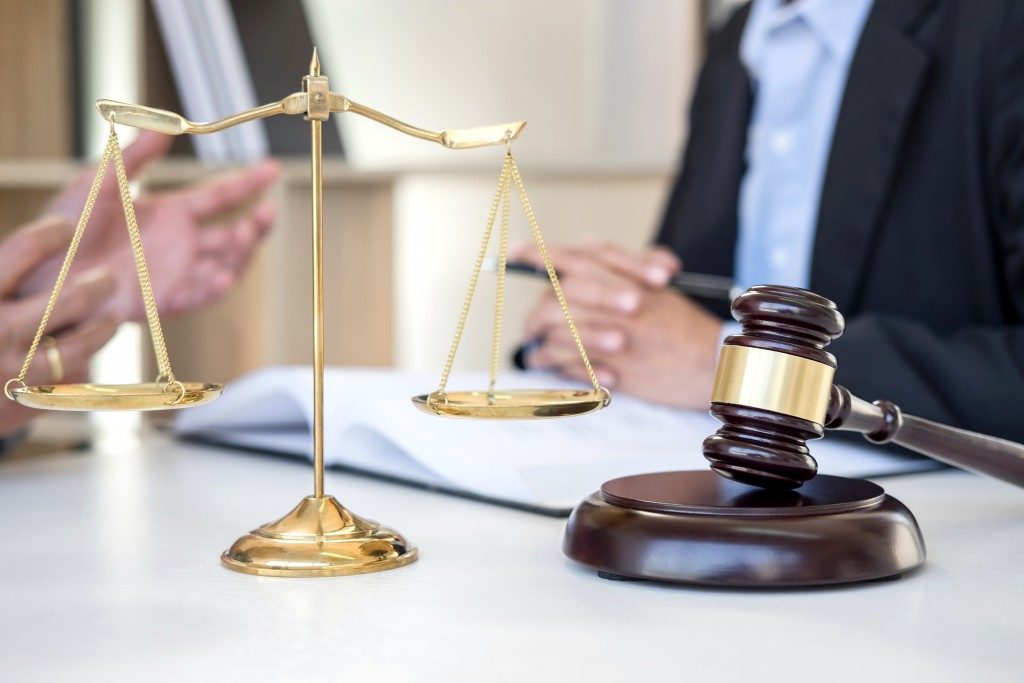One fateful day in February 1992, 79-year-old Albuquerquan Stella Liebeck received third-degree burns after she spilled coffee on her lap after a McDonald’s drive-thru run with her grandson. She filed a lawsuit against the food giant, starting a chain of events that led to an increased clamor for tort reform in the country.
Legal scholars debated whether Liebeck v. McDonald’s Restaurants, also known as the “hot coffee case”, was a frivolous lawsuit at best or a meaningful one. However, it’s also shown how vulnerable businesses of any size are from such lawsuits. When that fateful day comes, ask yourself the following questions to know what you can do to protect your small business from litigation.
Have you had a formal discussion?
When a person is threatening they’ll sue you and they still haven’t, there’s a chance you can talk them out of it. Sometimes having a formal discussion will allow you and the potential complainant to objectively settle the issue out of court. Maybe it’s just a simple misunderstanding and there’s no need for the issue to rise. Should the accuser stand by their decision, call your lawyer.
How good is your liability insurance?
The first line of defense when it comes to claims is the liability insurance. Some businesses get a liability insurance only as an afterthought–find the cheapest one possible and move on. However, court cases can get expensive. Make sure that your liability insurance can cover your defense case.

When you get served with a complaint, it’s time to talk to your corporate litigation attorney. Discuss the situation with your lawyer and tell them everything that has happened. Hiding something from your defender will only worsen the situation. They’ll build your defense from the information you gave or possibly suggest a way you can get the plaintiff to back down. Either way, you’ll need their help to get through this situation.
Do you have any relevant proof?
The next thing you need to do is to give your lawyer any documentation you can find that invalidates the case against you. Looking for any relevant proof can either make or break your case. Maybe the complainant’s exaggerating their claims. Look for the security footage or witnesses of the said incident. Search for anything that can make your business not liable for the plaintiff’s charges.
Have you got a contingency plan?
Lawsuits can get messy once they get to court. New evidence, witnesses changing their statements, and other legal complications can ruin your defense. Have any contingency plans ready should they happen to your case. Ask your attorney how the newly emerged detail would affect your case. Would it only slow the litigation or would it destroy the defense you’ve built?
The case that Liebeck’s team built for the hot coffee case may sound too ridiculous to win in court, but the circumstances of her injury and the perceived negligence of McDonald’s led the jury to side with her in 1994. Liebeck was originally awarded her $2.4 million, but in the end, it was reduced to $640,000.
Court cases typically are just a battle of wits and receipts. No matter how ridiculous the claim is, if it can be backed, it may have a chance in court. When such things happen, build your defense and protect your small business from any litigation.



